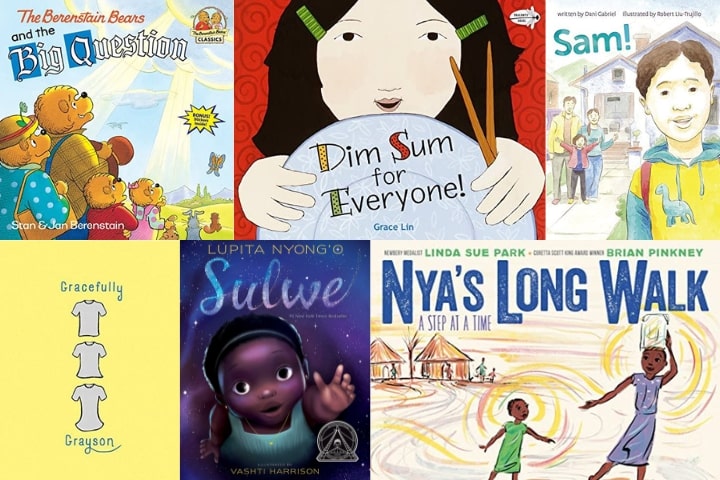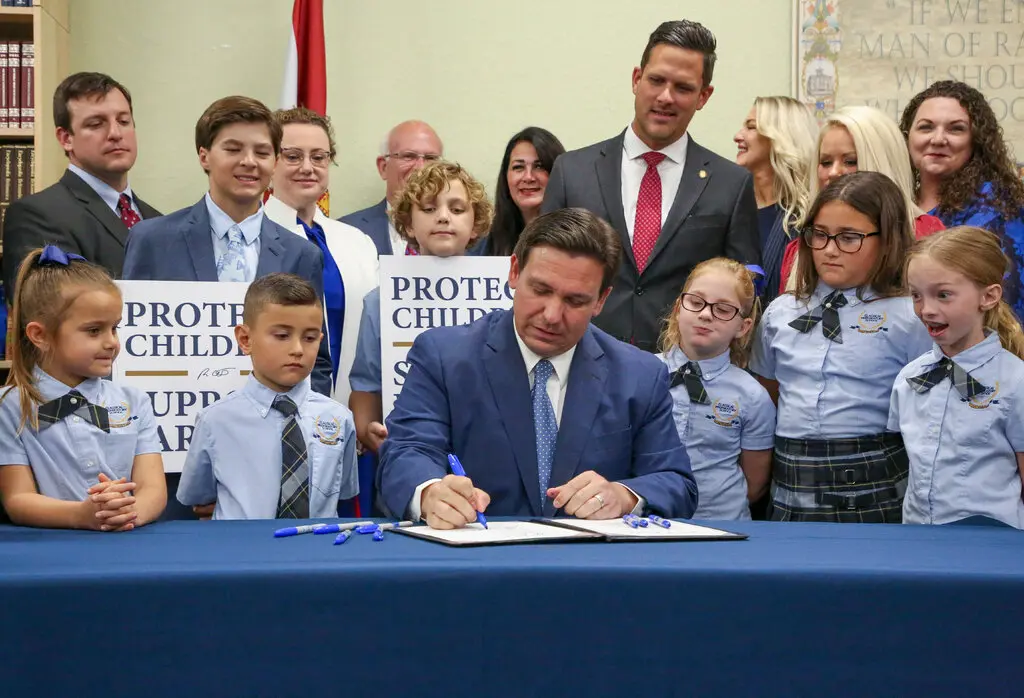There has been a great deal of confusion surrounding the issue of book bans in Florida schools. The question of why this is so can be answered in several different ways. Some people argue that the confusion is the result of political pressure, while others suggest that it is simply a matter of differing opinions on what constitutes appropriate material for young readers.
1. Books Banned in Florida Schools: What are the factors to be considered?
One of the main factors that contribute to the confusion surrounding book bans in Florida schools is the strong political climate in the state. Florida is known for having a particularly contentious political environment, with several different interest groups vying for influence over policy decisions. This can make it difficult to determine what the motivations behind any given decision might be, especially when it comes to sensitive topics like censorship and freedom of expression.
Another factor that contributes to the confusion around book bans is the fact that there is often a great deal of disagreement among educators, parents, and policymakers about what kinds of books are appropriate for young readers. Some might argue that certain themes or topics are too mature or controversial for students of a particular age, whereas others might argue that these same themes and topics are essential for building critical thinking skills and promoting empathy and understanding.
2. Books Banned in Florida Schools: Who gets to make the decision?
Additionally, there are questions about who gets to make decisions about what books are allowed in schools. Should it be local school boards, state-level bureaucrats, or individual teachers? And what role should parents and community members play in this decision-making process? The answers to these questions are not always clear-cut, which can lead to debates and disagreements that further muddy the waters around book bans.
3. Books Banned in Florida Schools: Engage in Respectful Debate;
Despite these challenges and disagreements, we must continue to have these conversations about book bans in Florida schools. At the heart of this issue is the question of who gets to decide what students are allowed to read, and what kind of values we want to promote in our young people. By engaging in thoughtful and respectful debate about these issues, we can work toward creating a school environment that encourages critical thinking, empathy, and a love of learning.
Conclusion;
In conclusion, book banning is a complex issue that has caused a great deal of confusion in Florida schools. Many books have been removed from school libraries and classrooms due to various reasons ranging from explicit sexual content to being “anti-American.” However, this approach to censorship has sparked a heated debate among educators, parents, and students. While some argue that school officials have the right to determine what is appropriate for their students, others believe that book banning is a violation of students’ First Amendment rights.
One of the reasons why this issue remains contentious is because there is no consensus on what constitutes an appropriate book for students. What some consider to be offensive or inappropriate might be considered perfectly acceptable by others. This lack of agreement on what is appropriate has resulted in a confusing and often arbitrary approach to book banning that varies from school district to school district.
Another factor contributing to the confusion surrounding book banning is the lack of clarity in state regulations. While the state of Florida has laws that protect students’ First Amendment rights, these laws are open to interpretation. School officials may ban books that they deem offensive, but they must provide a valid educational reason for doing so. However, what constitutes a valid reason remains unclear, and as a result, bans are often imposed without clear justification.
Furthermore, the partisan nature of book banning also contributes to the confusion. In some cases, book banning has been used as a political tool to advance a particular agenda. For example, books that promote LGBTQ+ rights may be banned because some conservative groups view them as inappropriate or against conservative values. This politicization of book banning leads to further confusion and controversy.
In conclusion, book banning in Florida schools is a complex issue characterized by confusion, controversy, and varying opinions. It is essential to strike a balance between protecting students from inappropriate content and ensuring that their First Amendment rights are respected. As such, it is crucial that school districts implement clear guidelines and regulations that govern book banning, and decisions are made based on objective criteria. Ultimately, education is about broadening horizons and exposing students to different perspectives, and this cannot be achieved by simply banning books that some may find offensive.
Read More: Is Ryabe.com a scam or a legit store? What is your review?





